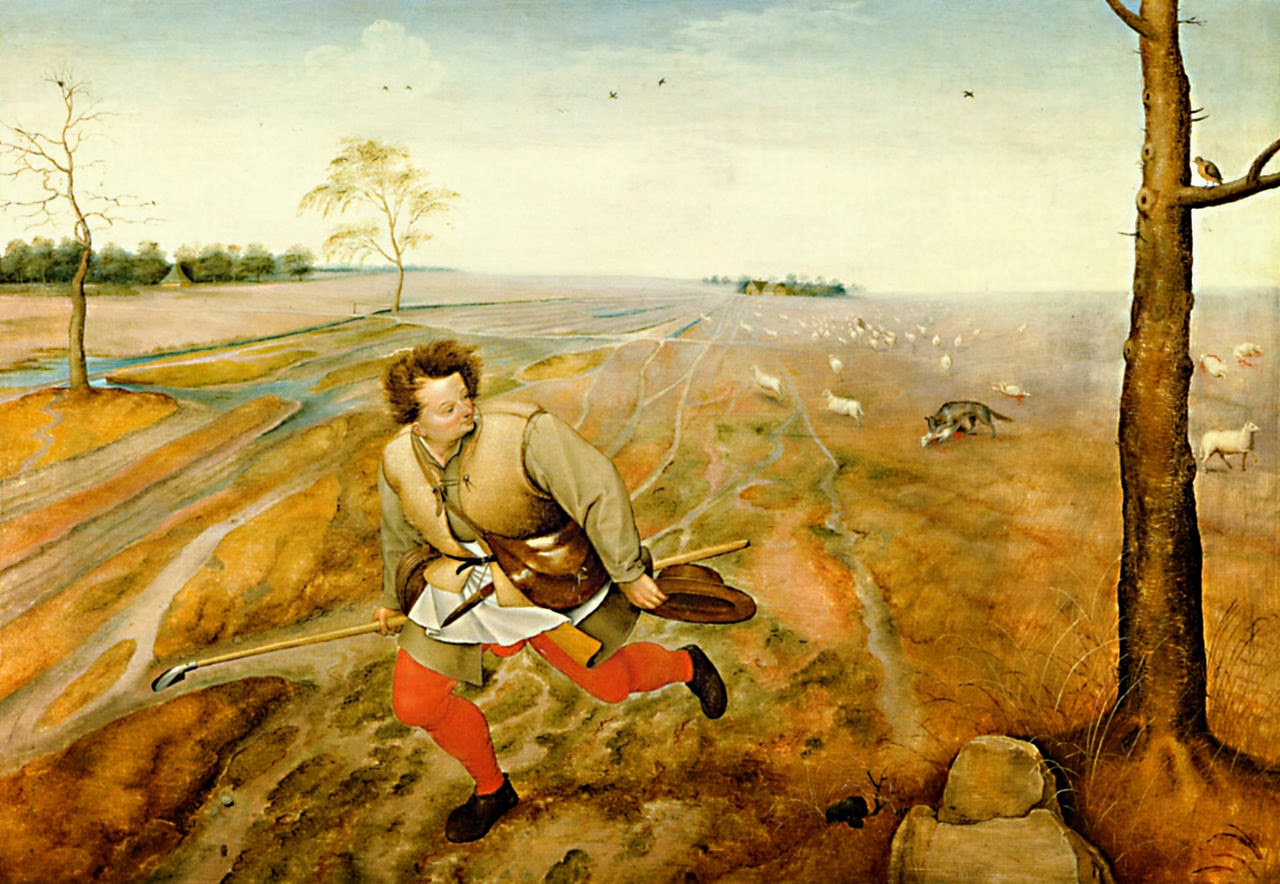Bad Shepherd

"...And they were scattered, because there was no shepherd; and they became food to all the beasts of the field, and were scattered." (Ezekiel 34:1-5, ASV) The painting here is entitled, "The Bad Shepherd," by Pieter Brueghel II in the 1600s. If you look closely you can see where it receives its name. The shepherd is running from a wolf who is devouring one of the sheep. If you look closely, there appears to be another in the distance doing the same. It is a pretty good visual illustration of the LORD's scathing words through the prophet Ezekiel. The LORD had not-so-kind words for His ministers, His shepherds, that were responsible for caring for His people, but shrugged off their responsibilities to the sheep for their own interests. I fully expect to be taken to task over this post, but I cannot remain silent. Several days ago, I posted a blog on alcohol consumption, looking at the OT priests' responsibility, and making application










